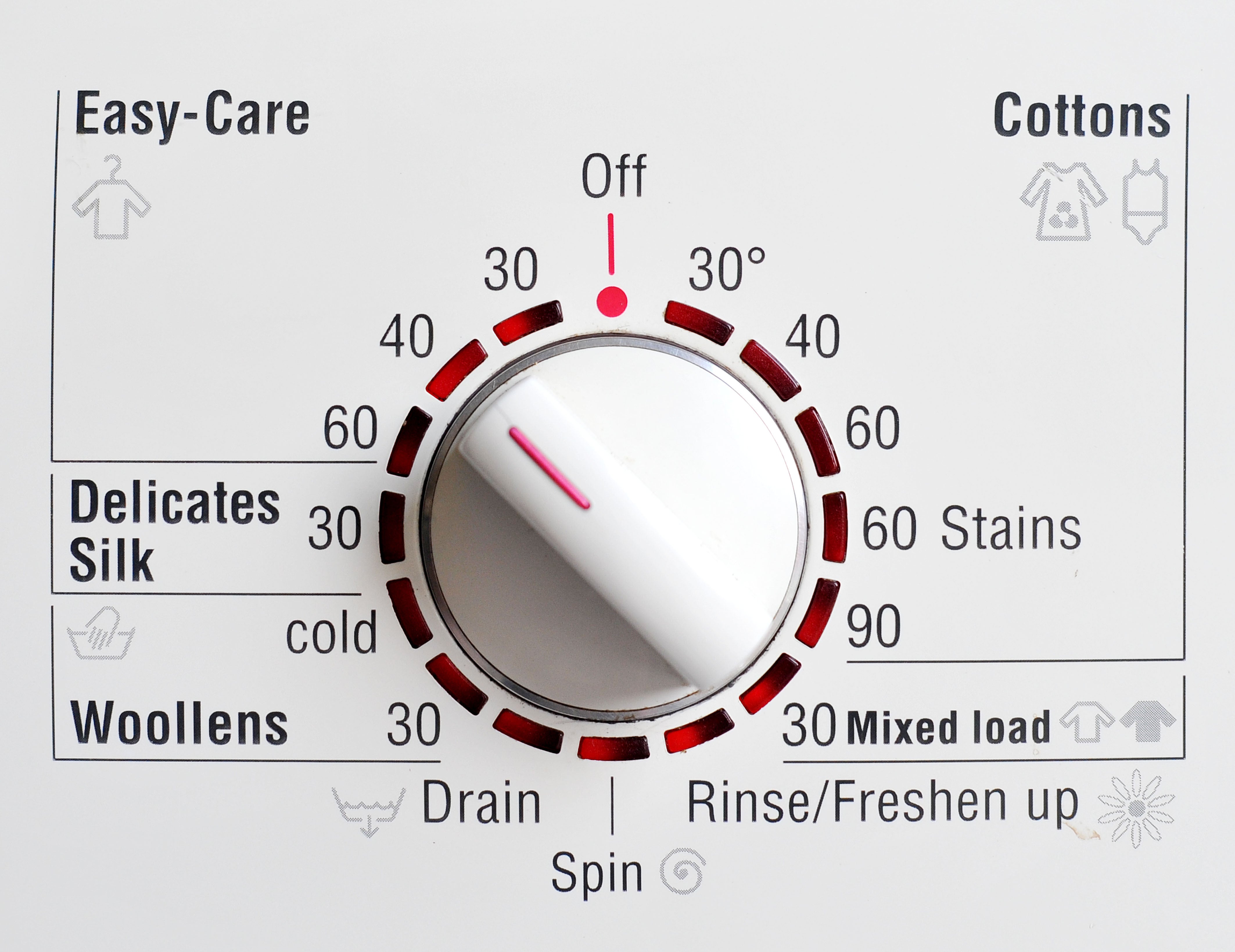Cost of everyday household goods is surging, website finds
Six in 10 people surveyed said they have noticed their money generally does not stretch as far as it did, according to PriceRunner.

Your support helps us to tell the story
From reproductive rights to climate change to Big Tech, The Independent is on the ground when the story is developing. Whether it's investigating the financials of Elon Musk's pro-Trump PAC or producing our latest documentary, 'The A Word', which shines a light on the American women fighting for reproductive rights, we know how important it is to parse out the facts from the messaging.
At such a critical moment in US history, we need reporters on the ground. Your donation allows us to keep sending journalists to speak to both sides of the story.
The Independent is trusted by Americans across the entire political spectrum. And unlike many other quality news outlets, we choose not to lock Americans out of our reporting and analysis with paywalls. We believe quality journalism should be available to everyone, paid for by those who can afford it.
Your support makes all the difference.The cost of buying or replacing everyday household goods is rocketing as rising energy and shopping bills bite, according to analysis.
A washing machine typically costs £161 more than it did two years ago, while a cooker will set someone back £334 more on average, a website has found.
Those who need a new television, meanwhile, can expect to pay £49 more than they would have done two years ago, while a tablet is now £74 more expensive on average.
Price comparison website PriceRunner carried out the analysis using its own data, as well as commissioning a survey to find out the everyday prices that people have noticed increasing.
Christine Gouldthorp, consumer expert at PriceRunner, said: “Looking at everyday consumer products such as digital cameras, washing machines and cookers, some of these have doubled in price over the past two years.
“The average washing machine now costs 49% more than in April 2020.”
On top of rising prices, supply issues have also been having an impact.
PriceRunner’s snapshot analysis also found nearly two-fifths (38.5%) of kitchen sinks were out of stock on its website on April 18 2022, as were 72% of doors and 46.9% of windows.
Nearly a quarter (24.2%) of products in its TV category were also out of stock, according to the figures given to the PA news agency.
A YouGov survey of 2,000 people commissioned by PriceRunner meanwhile found nine in 10 (89%) people said they have been affected by higher energy prices, with around a quarter being greatly affected.
Six in 10 (59%) people surveyed said they have noticed their money generally does not stretch as far as it did.
Some 85% have spotted food prices increasing recently and 78% have seen fuel costs go up.
A quarter (25%) have observed increases in health and beauty prices, while nearly three in 10 (29%) have seen toilet paper and nappy costs rise.
Some 13% have seen the price of furniture and home decorations go up.
To combat rising prices, 45% of people are using less electricity, 35% are using less gas, 38% are cutting back on shopping, and 30% are using less petrol.
Around 3% also said they have tried asking their boss for a pay rise to combat rising prices.
Here are average price increases between April 2020 and April 2022, according to data on different categories taken from PriceRunner’s website:
– Digital cameras, 60% or £268
– Washing machines, 49% or £161
– Monitors: 39% or £96
– Cookers, 27% or £334
– Tablets, 22% or £74
– Tumble dryers, 19% or £72
– Toys, 18% or £3
– Vacuum cleaners, 11% or £18
– Coffee makers, 10% or £7
– Speakers, 9% or £15
– TVs, 8% or £49
– Headphones and gaming headsets, 8% or £3